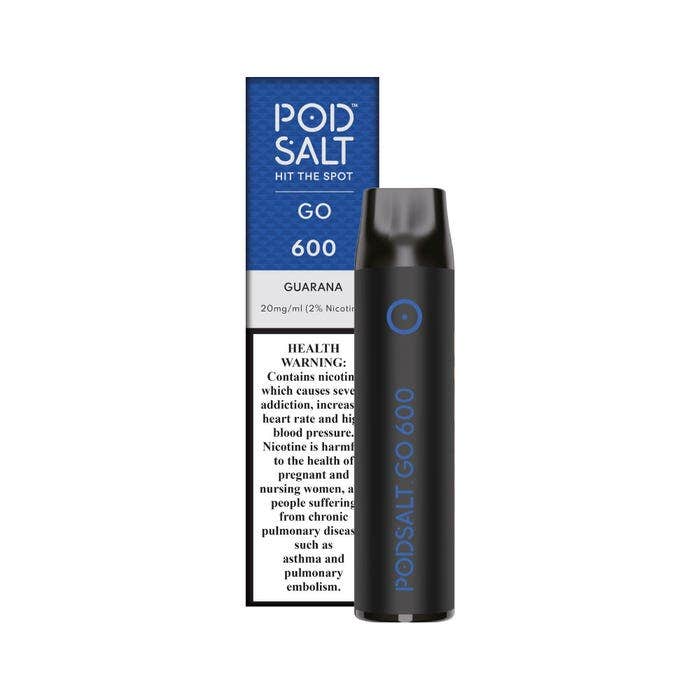A high-calorie diet is essential for those who are committed to building lean muscle mass and increasing their overall fitness level. The best gym diet plan for weight gain provides the energy required for intense workouts and supports muscle recovery and growth. However, simply consuming more calories isn’t enough—those calories must come from nutrient-dense sources to fuel the body effectively. Here’s how to design a high-calorie diet tailored to gym enthusiasts.
Consider protein for muscle repair and growth:
Protein is a vital macronutrient for muscle repair and growth, making it the foundation of any high-calorie diet for gym enthusiasts. Aim to consume 1.2 to 2 grams of protein per kilogram of body weight each day, depending on your goals and activity level. High-quality protein sources include chicken, turkey, lean beef, fish, eggs, and plant-based options like lentils, beans, and tofu. Incorporate protein into every meal and snack to ensure steady muscle support throughout the day.
Include complex carbohydrates for energy:
Carbohydrates are the primary fuel source for high-intensity exercise, so it’s important to include complex carbs in your diet. Complex carbohydrates digest slowly, providing sustained energy during workouts. Great sources of complex carbs include whole grains (brown rice, oats, quinoa), starchy vegetables (sweet potatoes, squash), and legumes. Ensure to eat carbs in all meals, particularly before and after workouts, to increase performance and recovery.
Incorporate healthy fats for caloric density:
Healthy fats are calorie-dense and essential for hormone production, joint health, and overall energy. Fats are also an easy way to boost your calorie intake without needing to consume large volumes of food. Focus on healthy fat sources like avocados, nuts, seeds, olive oil, and fatty fish such as salmon. Include a source of healthy fats in meals and snacks to increase your caloric intake efficiently.
Plan frequent, balanced meals:
To meet your calorie goals, plan to eat multiple meals and snacks throughout the day. Instead of relying on three large meals, aim for five to six smaller meals, ensuring a balance of protein, carbs, and fats in each. This approach helps maintain consistent energy levels and provides your body with a steady supply of nutrients to support muscle growth.
Use calorie-rich additions:
Improve your meals with calorie-rich additions to increase your intake without feeling overly full. Add nuts or seeds to smoothies drizzle olive oil over salads or roasted vegetables, and mix nut butter into oatmeal. These small additions pack a punch in terms of calories and nutrients without significantly increasing meal volume.



